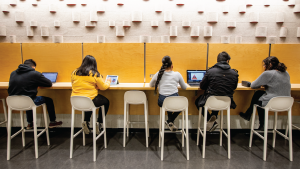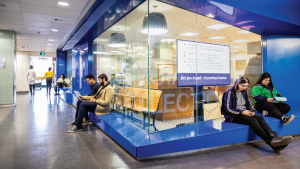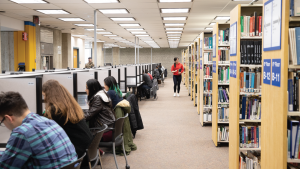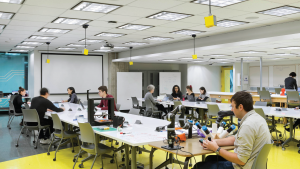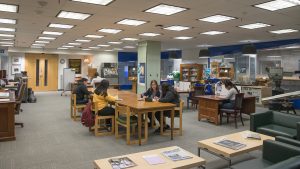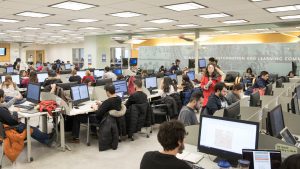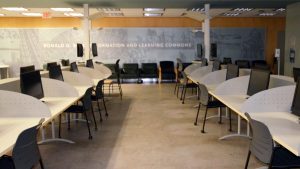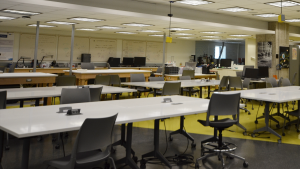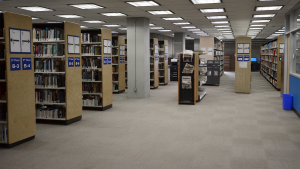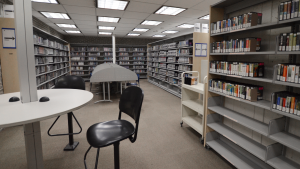By Nora Mulvaney
The current need to share COVID-19 research outputs via data repositories and open access publishers is both urgent and unprecedented. According to the World Health Organisation, in their statement on Data sharing for novel coronavirus (COVID-19), “rapid data sharing is the basis for public health action”. During a pandemic, rapid access to data influences public health and policy decisions and can save lives. The pandemic has prompted a new and more pressing interest in open data, data sharing and reusing existing datasets.
Many Canadian funding agencies, including NSERC and CIHR, have signed the joint statement on ‘Sharing research data and findings relevant to the novel coronavirus (COVID-19) outbreak’, led by the Wellcome Trust, and will require funded projects to share their research data as rapidly and widely as possible.
Though the premise of data sharing is simple, the details can be tricky and require researchers to navigate technical, scientific, legal and ethical issues. With this in mind, the Portage COVID-19 Working Group have recently published five new guidance documents to help support rapid response data sharing and deposit for Canadian researchers:
- Guide to COVID-19 Rapid Response Data Sharing and Deposit for Canadian Researchers: A straightforward guide for researchers who need to share COVID-19 related research data. Topics include: planning to share research data, making your data understandable, making your data FAIR and open, protecting the privacy of research participants and helping others discover and use your data
- Can I Share My Data?: A decision tree for determining when human participant data would need to be anonymized or de-identified before being shared or deposited into a repository
- De-identification Guidance: Guidance regarding removing direct identifiers and evaluated indirect or quasi-identifiers based on perceived risk, and considerations for qualitative data de-identification
- Documentation and Supporting Material Required for Deposit: An overview of creating README files, recommended supplementary materials, repository metadata and data use agreements
- Recommended Repositories for COVID-19 Research Data: Recommendations for selecting a repository that will provide immediate and long-term access to COVID-19 data
If you have any questions about sharing COVID-19 related research data, or any other aspect of the research data lifecycle- such as writing data management plans, creating documentation for your data or selecting a data repository- please contact Nora Mulvaney (nmulvaney@ryerson.ca), the Research Data Management Librarian.
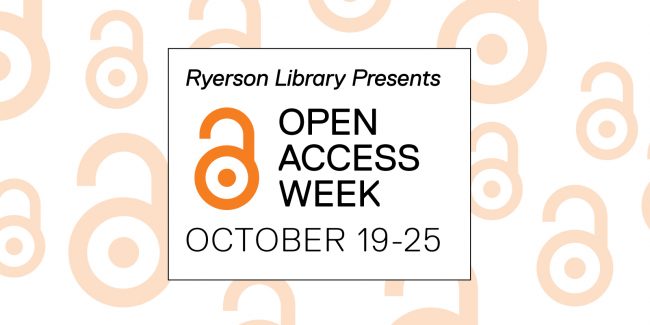


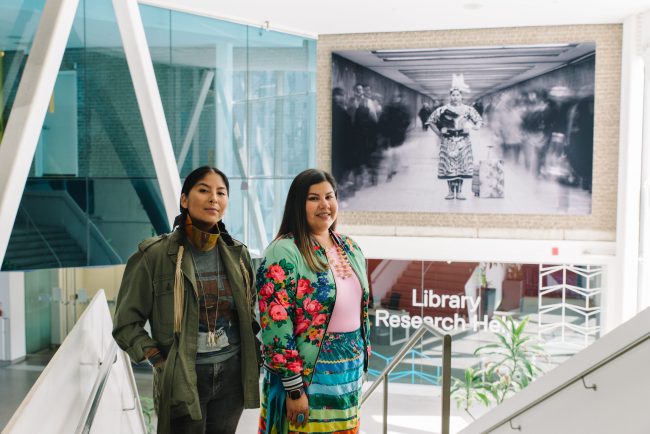
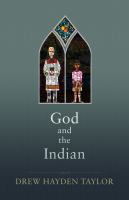 God and the Indian: A Play
God and the Indian: A Play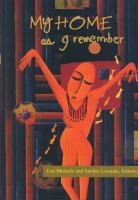
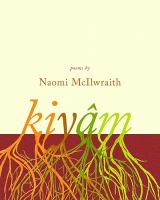 Kiy
Kiy The Thunderbird Poems
The Thunderbird Poems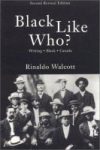
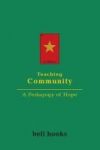 Teaching community : a pedagogy of hope
Teaching community : a pedagogy of hope From #BlackLivesMatter to Black liberation
From #BlackLivesMatter to Black liberation  How to be an antiracist
How to be an antiracist
